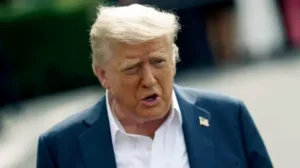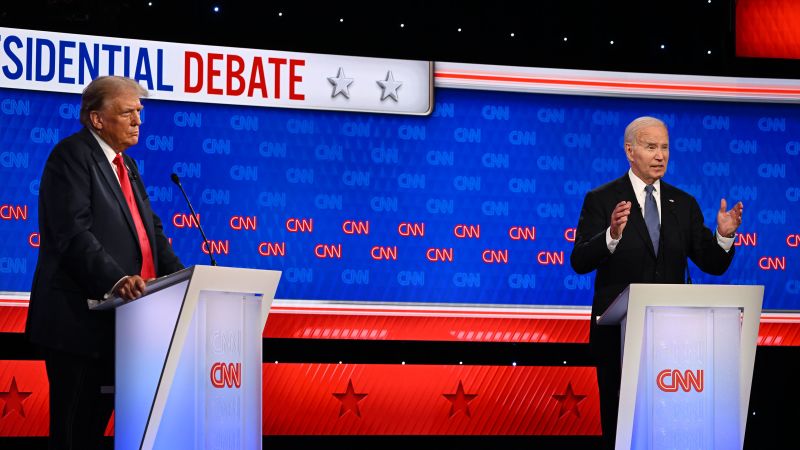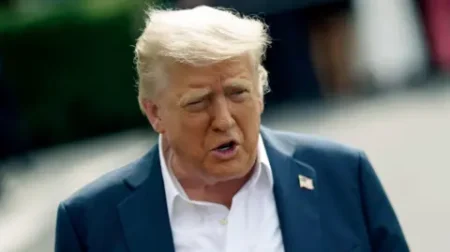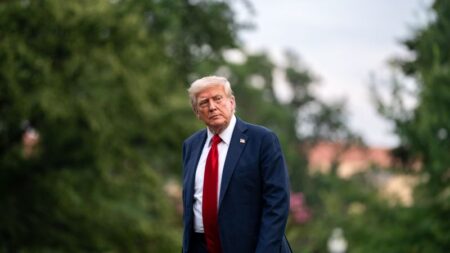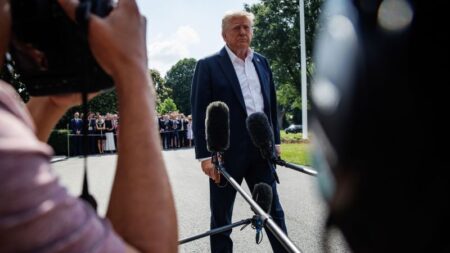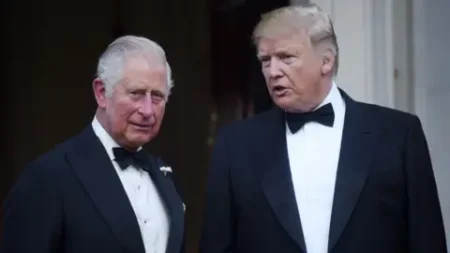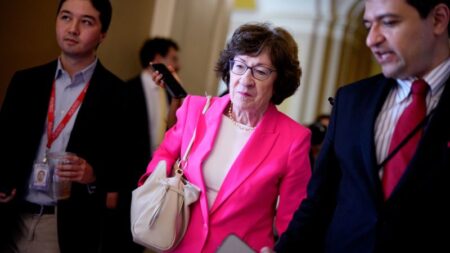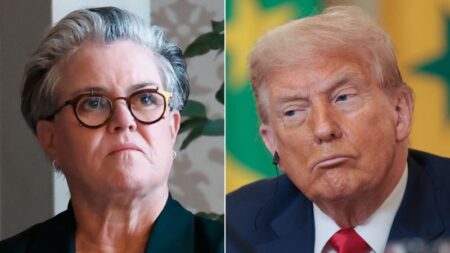In a recent CNN presidential debate, both President Joe Biden and former President Donald Trump highlighted their support for historically Black colleges and universities (HBCUs). Trump claimed that he “got (HBCUs) all funded,” while Biden emphasized investments in HBCUs, stating that “any Black student is capable in college in doing what any White student can do.” Here is a breakdown of where both candidates stand on their records with HBCUs:
During the debate, Biden seemed to misstate the amount of investment his administration has made into HBCUs. However, CNN reported that his administration has invested over $16 billion since fiscal year 2021. In September, Biden’s administration also pushed governors in 16 states to address a funding disparity of over $12 billion between land-grant HBCUs and non-HBCU counterparts.
Under the Trump administration, relationships with HBCUs were sometimes strained, and Trump’s views on funding HBCUs were inconsistent. In 2017, Trump questioned the constitutional basis for federal funding for HBCUs, stating that it “benefits schools on the basis of race.” Despite this, Trump signed the FUTURE Act in 2019, aiming to provide $255 million annually to strengthen HBCUs and other minority-serving institutions.
Leaders supporting HBCUs emphasized that more work needs to be done. Murray from the UNCF urged both Biden and Trump to invest in HBCU infrastructure and students simultaneously, calling for an increase in Pell Grants to help underserved students. A report by the Government Accountability Office in 2018 found that on average, 46% of building space at HBCUs needs repair or replacement.
In light of the upcoming election, Murray stressed the importance of continued support for HBCUs, stating that the next president must understand and address the needs of these institutions. Gasman from the Rutgers Center for Minority Serving Institutions emphasized the resilience and strength of HBCUs, highlighting the importance of inclusive programs to benefit future generations of HBCU students.
Both candidates have the opportunity to demonstrate their commitment to HBCUs by investing in infrastructure and student support. As the election approaches, the future of HBCU funding and support remains a crucial issue for the candidates to address.



